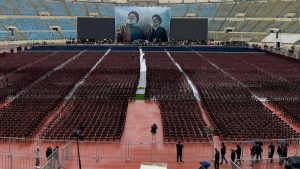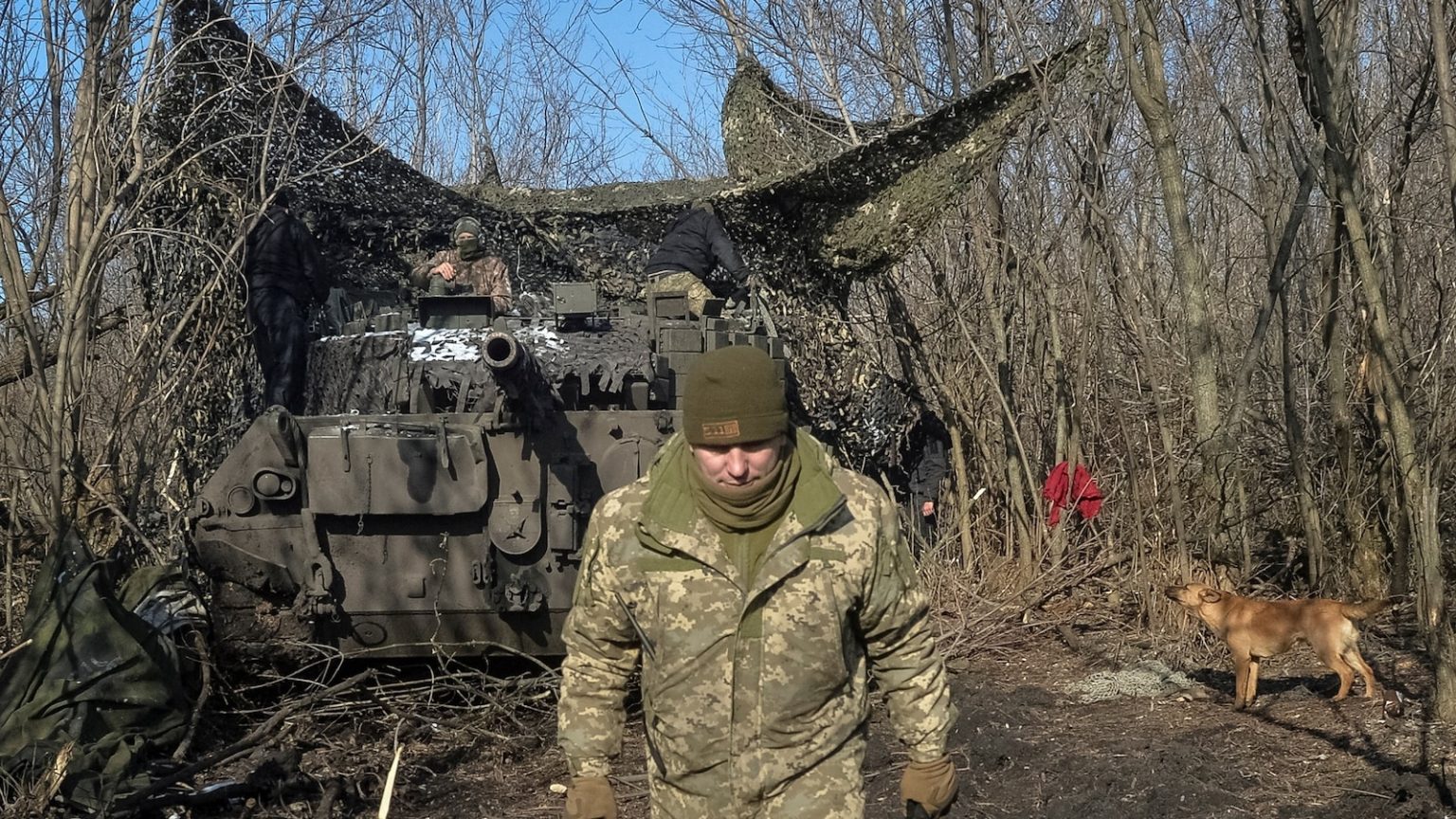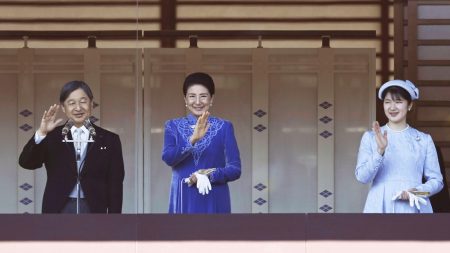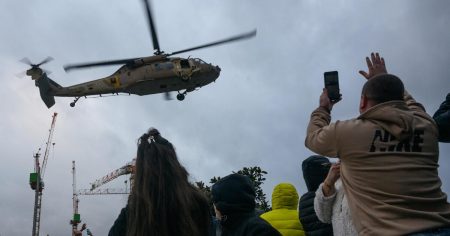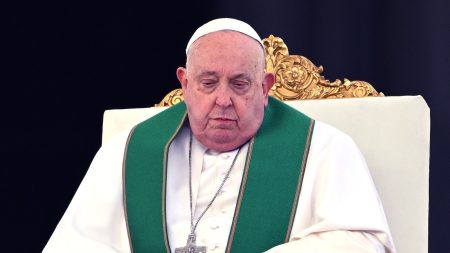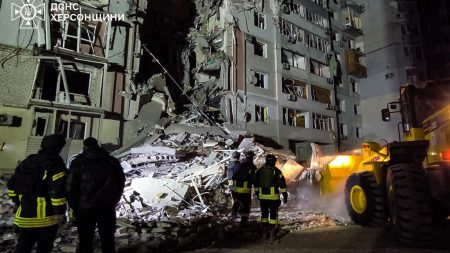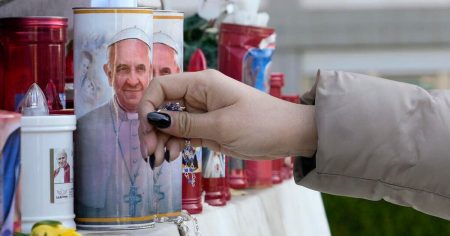Ukraine-Russia Peace Talks: A Complex Dance of Leverage and Geopolitics
Revived Peace Talks and the Quest for Leverage
The Ukraine-Russia conflict, now nearing its third year, has seen a renewed push for peace talks, with both sides maneuvering for leverage. The White House, under President Donald Trump, has expressed optimism about ending the war, though the path to peace remains fraught with challenges. Recent comments by Trump and reactions from Russian and Ukrainian officials highlight the delicate balance of power and the competing interests at play. Kremlin spokesperson Dmitry Peskov weigh in on Trump’s remarks, suggesting they aligned with Moscow’s perspective on the conflict. Meanwhile, Ukraine remains steadfast in its resistance to territorial concessions, even as it explores potential economic partnerships with the U.S.
Trump’s Remarks and the Rare Earth Metals Factor
During a recent interview with Fox News, President Trump sparked controversy by suggesting that Ukrainians "may be Russians some day," a comment that resonated with Moscow but drew sharp criticism from Kyiv. Trump also emphasized Ukraine’s vast natural resources, particularly rare earth metals worth an estimated $500 billion, as a key factor in his strategy to secure U.S. interests. He indicated that American backing for Ukraine could be tied to accessing these resources, stating, "They have tremendously valuable land… I want to have our money secured." Trump’s remarks reflect his administration’s dual focus on economic gain and geopolitical influence.
Peskov’s Response and Russia’s Territorial Claims
Dmitry Peskov, spokesperson for Russian President Vladimir Putin, seized on Trump’s comments as validation of Moscow’s stance. At a Tuesday briefing, Peskov noted that the situation in Ukraine "largely corresponds to President Trump’s words," referring to Russia’s claimed annexation of four Ukrainian regions in 2022. While not all these areas are under Russian control, Peskov framed the annexations as a "fact" reflective of the "new territorial realities" Putin has repeatedly invoked. When asked about the likelihood of success for Trump’s peace proposals, Peskov adopted a noncommittal tone, stating, "Any phenomenon can happen with a 50% probability—either yes or no."
Ukraine’s Rejection of Territorial Concessions and Russia’s Influence
Oleksandr Merezhko, a Ukrainian parliament member and chair of the foreign affairs committee, rejected Trump’s suggestion that Ukrainians might one day align with Russia. "It will never happen," Merezhko said, invoking the trajectory of occupied cities like Bucha and Irpin, where Russian forces left behind evidence of war crimes. Merezhko emphasized the need for Trump to engage more deeply with Ukrainian President Volodymyr Zelenskyy to grasp the "real picture" on the ground. Zelenskyy, however, has shown openness to Trump’s proposal regarding rare earth metals, stating, "The Americans helped the most, and therefore the Americans should earn the most."
The Role of the U.S. in Shaping the Peace Process
The U.S. has emerged as a key player in the revived peace talks, with Trump’s envoy, Keith Kellogg, set to visit Ukraine as part of efforts to formulate a peace plan. Zelenskyy is also expected to meet with U.S. Vice President JD Vance at the upcoming Munich Security Conference, signaling Washington’s continued involvement in the conflict. Despite his willingness to explore economic partnerships, Zelenskyy has consistently rejected territorial concessions to Russia, even as he acknowledges that reclaiming occupied areas through military means may not be feasible. His position underscores Ukraine’s determination to preserve its sovereignty while seeking security guarantees from Western allies.
The Uncertain Road Ahead: Challenges and Next Steps
As peace talks progress, the likelihood of success remains uncertain. Moscow continues to assert its territorial claims, while Kyiv refuses to budge on sovereignty. Meanwhile, the U.S. faces its own challenges in balancing economic interests with geopolitical objectives. Trump’s focus on rare earth metals highlights the economic stakes, but the human cost of the conflict cannot be overlooked. Zelenskyy’s call for security guarantees and his willingness to engage in diplomacy suggest a cautious optimism, yet the path forward is riddled with obstacles. The coming weeks, particularly the outcomes of Kellogg’s visit and the Munich conference, will be pivotal in determining whether the renewed peace efforts can yield meaningful progress—or if the conflict will persist indefinitely.

